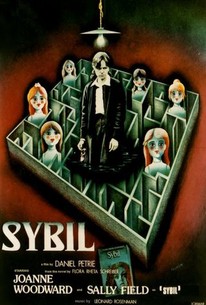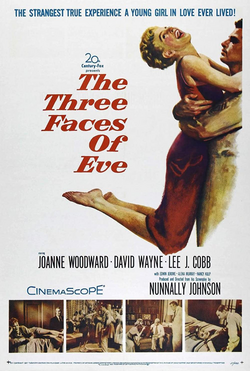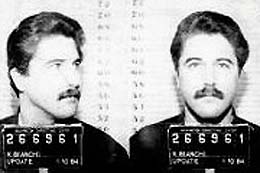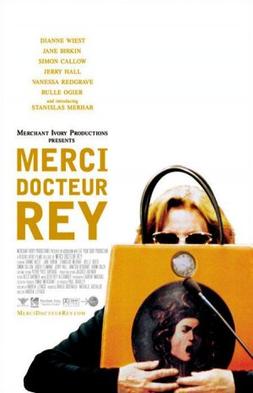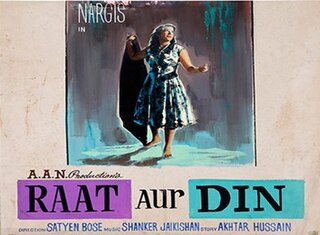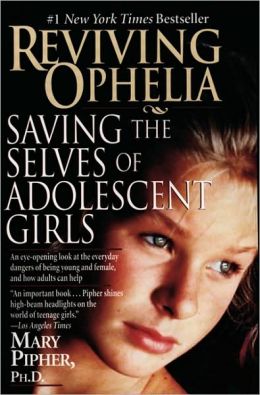Plot
After suffering a small breakdown in front of her students (and then being forced to hear a neighbor play Chopin's Étude in A Minor, "Winter Wind", incessantly), Sybil Dorsett is given a neurological examination by Dr. Cornelia Wilbur, a psychiatrist. She admits to having blackouts and fears that they are getting worse. Dr. Wilbur theorizes that the incidents are a kind of hysteria, all related to a deeper problem. She asks Sybil to return at a later date for more therapy. Sybil says she will have to ask her father.
Sybil's father, Willard Dorsett, and her stepmother, Freida, are in New York on a visit. Sybil meets them at a cafeteria for lunch. She explains to her father that the problems she used to have as a young girl have returned and that she wants to see a psychiatrist, Dr. Wilbur. Sybil's father make it clear to Sybil that they disapprove of psychiatry. Sybil becomes upset and dissociates into Peggy, who becomes enraged and breaks a glass. Peggy angrily storms out of the cafeteria. Later that evening, Dr. Wilbur receives a late night call from someone who identifies herself as Vickie and says Sybil is about to jump out a hotel window. Dr. Wilbur rescues Sybil, who denies knowing Vickie. Suddenly, Sybil becomes hysterical and begins speaking like a young girl. This girl introduces herself as Peggy, and Wilbur realizes that Sybil is suffering from multiple personality disorder (now known as dissociative identity disorder).
Vickie introduces herself to Wilbur at the next session. Vickie, who knows everything about the other personalities, tells Wilbur about some of them, including Marcia, who is suicidal, and Vanessa, who plays the piano although Sybil has not played in years and swears she has forgotten how to play piano.
Over the weeks, each of the personalities introduces herself to Wilbur. At the same time, the personality Vanessa falls in love with a charming neighbor named Richard.
Wilbur finally explains to Sybil about the other personalities. As proof, Wilbur plays the session's tape to allow Sybil to hear their voices, but when a voice that sounds like Sybil's mother Hattie speaks, an infant personality named Ruthie emerges. Wilbur is unable to communicate with the pre-verbal child and must wait until Sybil returns.
Life becomes more chaotic for Sybil as the other personalities grow stronger. The personalities make Dr. Wilbur a Christmas card, but Sybil made everything purple, a color that frightens Peggy. Dr. Wilbur hypnotizes Vickie and asks about the purple. Vickie relates a memory of a time Sybil's mother locked young Sybil in the wheat bin in the barn. Thinking she was smothering, Sybil used her purple crayon to scratch on the inside of the bin so someone would know she had been there.
Vanessa invites Richard and his son Matthew to have Christmas dinner, after which Richard spends the night in Sybil's apartment. Sybil has a nightmare and awakens as Marcia, who tries to throw herself off the roof. Richard rescues her and calls Wilbur. Soon afterwards, Richard moves away, crushing both Sybil and Vanessa. Once again confronted with her diagnosis, Sybil attempts to convince Wilbur that she has in fact been faking all of the other personalities the entire time and denies that multiple personalities exist within her.
Wilbur goes in search of Sybil's father, who mentions that Sybil's mother Hattie was diagnosed with paranoid schizophrenia but denies that she ever abused Sybil. Wilbur also seeks out Sybil's pediatrician. The doctor gives Wilbur a frightening account of extensive internal scarring he found while treating Sybil for a bladder problem. Finally, Wilbur visits the old Dorsett house, where she discovers the green kitchen Sybil's selves have described many times. She also finds the purple crayon scratches inside the wheat bin. She takes them back to New York City to prove all the memories really happened.
Dr. Wilbur takes Sybil for a drive, during which Peggy reveals the horrific physical abuse she suffered at her mother's hands. After Peggy exhausts herself, Sybil emerges, remembering everything that Peggy has just said. Finally, she is able to express her rage against her mother.
Dr. Wilbur hypnotizes Sybil to introduce her to the other personalities. Sybil, who has always been frightened of Peggy, meets her at last and is surprised that she is only a young girl. Sybil embraces a weeping Peggy. A voiceover from Dr. Wilbur explains that after this incident, Sybil recovered her memories and went on to live a full and happy life as an academic.
